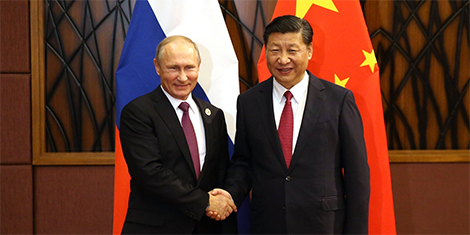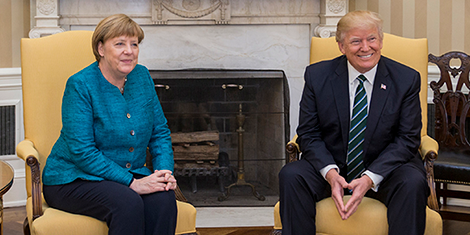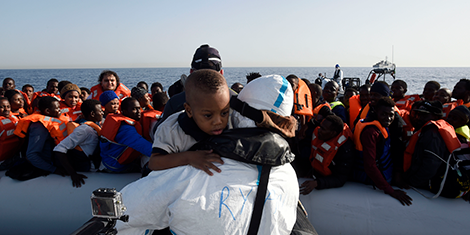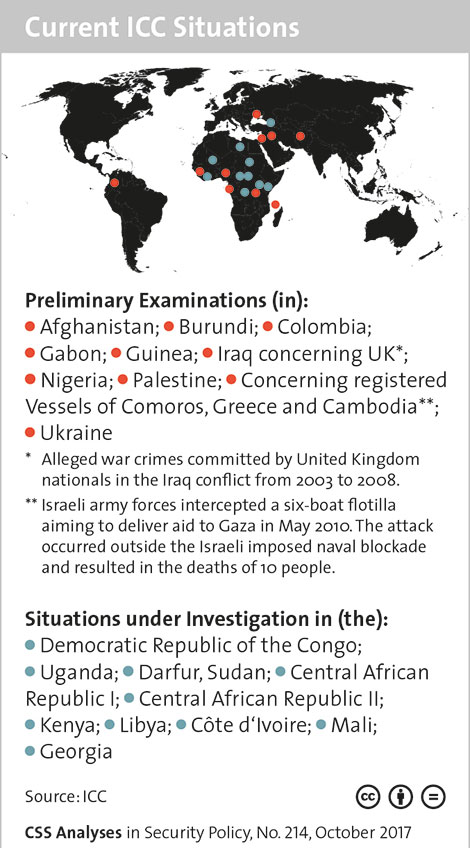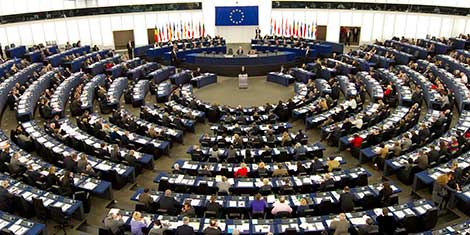
This article was originally published by the Istituto Affari Internazionali (IAI) in January 2019.
For my parents, Europe was an ideal: it meant peace after the unspeakable death and destruction brought about by two World Wars. Europe was a dream, admittedly a minoritarian dream, whose power fostered the longest era of uninterrupted peace on the continent, first in Western Europe, then expanding eastwards after the end of the Cold War.
For me, Europe has been the opportunity of a lifetime: from the thrill of interrailing as a teenager, to my studies in the UK, my first job in Belgium, my wedding in Spain, up to the relief of not having to switch off data roaming every time my flight landed in the Union. For me, and for many, Europe has been a luxury.

